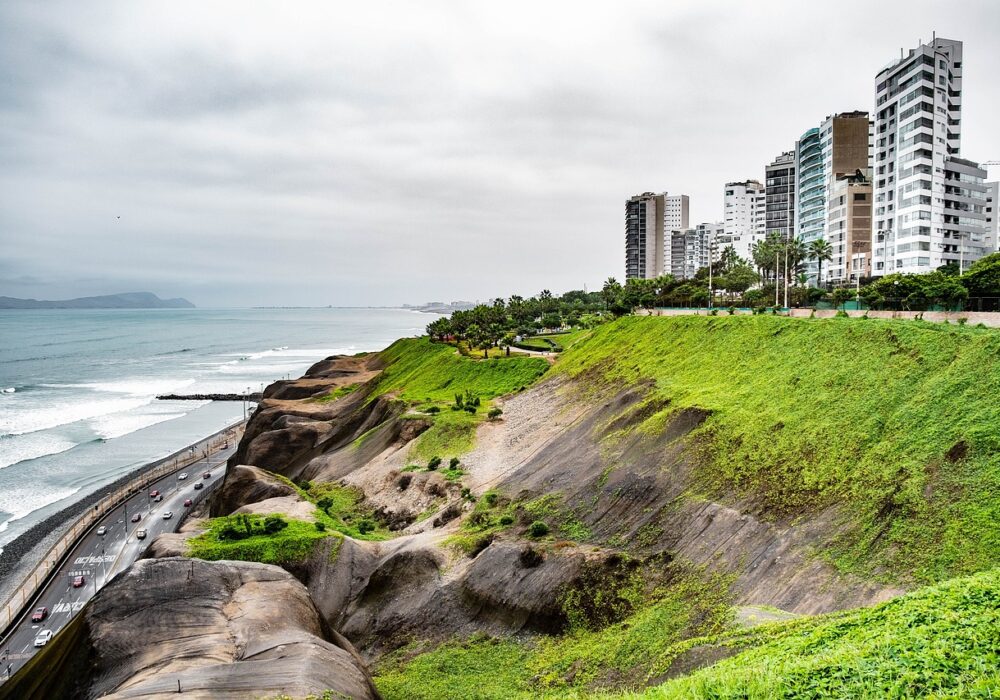Find Weed in Lima, Peru
A Cannabis Travel Guide For Stoners To Find Weed in Lima
Lima, the capital of Peru, is a dynamic city that has become an important focal point in the ongoing conversation about cannabis in the country. While find weed in Lima remains illegal for recreational use, its decriminalization for personal use has sparked increasing discussions about reform. Peru’s stance on medical cannabis is more progressive. This shift has encouraged a growing community of advocates and entrepreneurs in Lima. They are pushing for broader legalization and better access to medicinal cannabis. Despite legal challenges, Lima’s role as the cultural and political center of Peru makes it crucial in shaping the future of cannabis policy. As the global trend toward cannabis reform continues, Lima stands at the forefront of this evolving issue in Peru.
Cannabis Laws in Lima
Cannabis laws in Lima, Peru, reflect the country’s broader legal framework on the substance. Recreational cannabis use remains illegal in Peru. However, possession of small amounts for personal use (up to 8 grams) has been decriminalized. Individuals caught with this amount typically face fines instead of criminal prosecution. However, growing, selling, or trafficking cannabis is still illegal, and violators can face severe penalties. Medical cannabis was legalized in Peru in 2017 for patients with conditions like epilepsy. This allowed for regulated access to medicinal products. Despite this progress, cannabis remains a hotly debated issue in the country. There are ongoing discussions about full legalization and expanding medical access. Lima, as the capital, is a key center for activists, entrepreneurs, and lawmakers pushing for changes to cannabis laws.
How and Where to Find Weed in Lima
Find weed In Lima can be difficult due to its illegal status for recreational use. However, the decriminalization of small amounts for personal consumption has led to a discreet underground market. Cannabis is often sold through informal channels, such as trusted personal networks or online groups. It’s important to note that purchasing or selling cannabis beyond the legal limits is still illegal and carries risks, including fines or arrest. Patients can access medical cannabis legally through registered pharmacies with a prescription for specific conditions, like epilepsy. Due to the legal ambiguity, those considering obtaining cannabis should be aware of the potential consequences and proceed with caution.
Final Thoughts
In summary, Lima is a city at the crossroads of tradition and progress when it comes to cannabis laws. While the recreational use of cannabis remains illegal, the decriminalization of small amounts for personal use and the legalization of medical cannabis reflect a shift toward more progressive policies. The city’s evolving cannabis culture, coupled with ongoing advocacy for broader legalization, suggests that change could be on the horizon. However, the current legal landscape requires caution, especially for those considering obtaining cannabis through informal channels. As Peru continues to debate its cannabis laws, Lima remains a central point for those pushing for reform, navigating both the cultural and legal complexities surrounding the issue.
Share your thoughts in the comment section below.



